By Sen Babafemi Ojudu
On my page I posted a while ago a contribution by Prof Familoni to the debate on whether or not to increase Value Added Tax (VAT).
I love and appreciate his contribution and the clarity he has brought to it, which is retain the five percent being charged now for the essential consumer items while you increase to 15 percent the value added tax for luxury items , which is otherwise known as vanity items. I will even go further to advocate more than 15 percent for the vanity imported items.
There are quite a lot of things we don’t need in this country for which quite lot of people expend money on . Of what use use is a gold toilet bath and bowl? Of what use are gold cutleries? If you must use that, it is all well and good.
It is your right to buy whatever your means can purchase. These items consume our foreign exchange earnings and add no value to the growth and development of our country.
The pressure of foreign exchange mean we all pay more in inflation and have lower quality of life. Recouping the funds by way of taxation will not only discourage the importation of these items but also create jobs locally, while providing funds to ameliorate short term downsides of inflation and decreased purchasing power occasioned by luxury item importation.
You however must be ready to pay dearly for it so that those who could not access the means for bare existence could be provided for by the state. This is equity. This is how a just society is run. Progressive tax systems were how welfare societies in the West, which we envy today were built.
The United States emerged as a world power from the World War and thereafter, building the inter state highways and funding the space program by charging her wealthy citizens as high as eighty percent tax rate! Indeed, “the highest marginal tax rate for individuals for U.S. federal income tax purposes for tax years 1952 and 1953 was 92%”. If we must build a fairer, and more equitable society where the rich and poor can thrive, and the rich especially can go to bed with their eyes closed then we must demand the fortunate pay more.
Some years ago I went on a trip to China to visit a Chinese friend , a billionaire who manufactures keyboards and computer mouse. One evening he drove to the hotel to pick me and two of my friends to the rich peoples club for a night of heavenly SPA experience.
As we drive in his luxury BMW, he told us he was not supposed to be driving that car if he were not vain. Yes , vain , he said.
I asked him why. He said the amount he paid to acquire it was simply ridiculous. When he told me how much in Chinese currency I quickly whipped out my phone and went for the calculator. The car we drove in was worth , as at the time, a whopping sum of N250 million . The same car you could buy then for less than N30 million in Nigeria
Asked why it was so expensive he said that was Chinese government policy of discouraging imports and encouraging local manufacturing which will in return provide employment for the locals and good tax income for the government.
He said that policy does two things. If you have a taste for foreign luxuries you have to cough out unusual amount to maintain and service your taste. If the manufacturers of such items believes there is a huge market for their products in China but it became unaffordable because of the huge tax put on it it behaves on them to come and open a factory for same in China. This will ensure technology transfer, create employment for the locals as well as generate tax income for the government.
Just imagine Toyota, Mazda , Mercedes and BMW have plants in Nigeria today. Do you know how many jobs that will generate? Can you imagine how much in tax that will bring to government coffers?
Some years ago I and three other colleagues in the Senate visited a governor. He hosted us to lunch. As we were eating he called his Filipino chef to bring a particular champagne, the name of which I can’t remember now. As he uncocked it with relish and pride he told us gleefully how much it costs. One million, two hundred thousand Naira. I almost fell off my seat! A bottle of champagne for that much ? How many of that did he kept in his cellar to entertain his guest and massage his own ego?
Each of us got a glass of it and you can imagine how much each glass we gulped in less than 30 minutes cost. Imagine that this was cost price, the poor child in this Governor’s state that cannot afford three square meals was denied a bite at the pie, which may discourage such vain consumption by our Governor! How I wish he or she got a VAT on that Champagne to even the playing field!
Lets be clear, the Value Added Tax is a unique revenue stream in Nigeria that is disproportionately allocated to states over the Federal Government. It funds education, basic healthcare and rural roads. It will make states more solvent to pay increased minimum wage, and also incentivize shift of consumption to locally produced goods and spur manufacturing. Local non-luxury goods should be exempted just to be clear, and enforcement should be strict and encompassing.
The kind of luxury good consumption by the Governor I referenced above is what we need to tax heavily. If he has to pay N10 million Naira for this he will perhaps think twice before buying it or at least purchase less or seek local alternatives. If the manufacturers know there is a big market for this in Nigeria, and the heavy tax is making people run away from it then they may have to establish a local factory here. If they have a factory here they will of course not only pay tax, they will provide employment. It will be a win win situation for the government and the people of Nigeria.
Some have asked how do you define luxury items? My retort will be, “who do not know what luxury items are”? They are the things you consume which without you can still maintain a good life. They are the non essentials. The essentials will certainly not come under this category, therefore the poor need not panic. If you have to bring in a private jet or a yacht here you should be ready to pay through your nose. If you must use a gold bath, a wrist watch worth N25 million , a lighting system that reacts to your mood et al, you must be willing to pay heavily for it.
Buses transporting the poor from one point to the other do not come under luxury items but the Rolls Royce, Bentleys and similar luxury vehicles that are toys for the rich do. Luxury items especially those imported must be subjected to consumption tax to bridge our budget deficit and stop transferring our current liabilities occasioned by booming population and tax gap to the next generation in debt.
It is simply a departure from the first republic mantra of “ let’s boycott all the boycottables “ as propagated by one of the nationalists Mazi Mbonu Ojike. I think Mahatma Ghandi and the fathers of Indian independence struggle also adopted the measure of boycotting foreign goods. We need not do that now as some among us have developed special tastes for them and we won’t want to deny them the good things of life.
Rather than go this route, let us tax all the non-essential items that we do not produce in our country. More tax revenue will mean more accountability and incremental resources to provide that which we cannot individually provide, while reducing the debt overhang. The time to act is now.
Senator Babafemi Ojudu is the Special Adviser on Political Matters to the President and he writes from Abuja

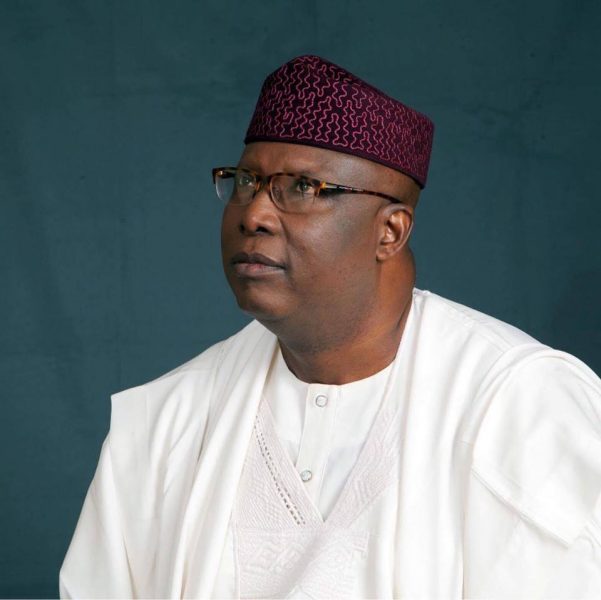






















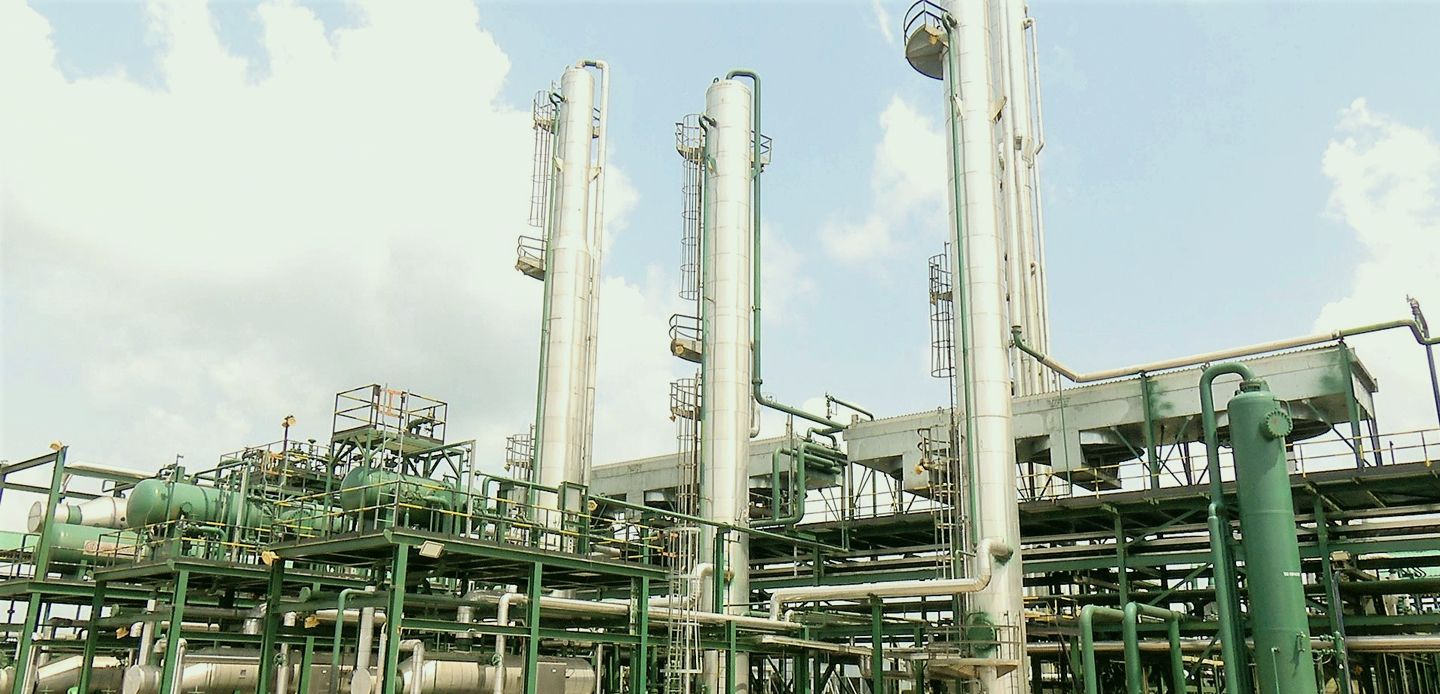
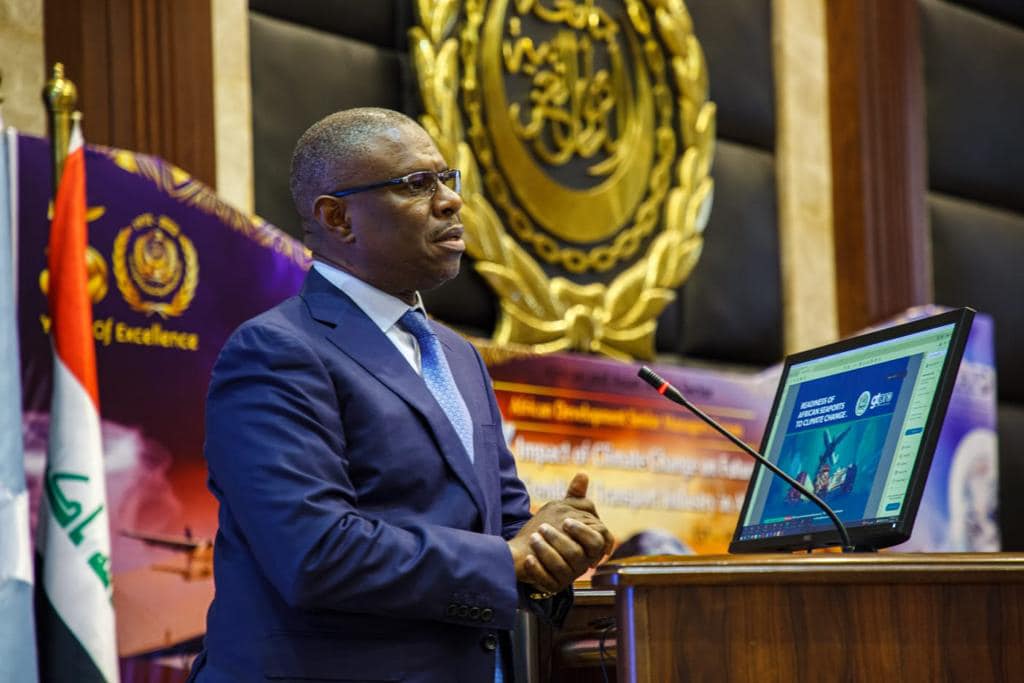


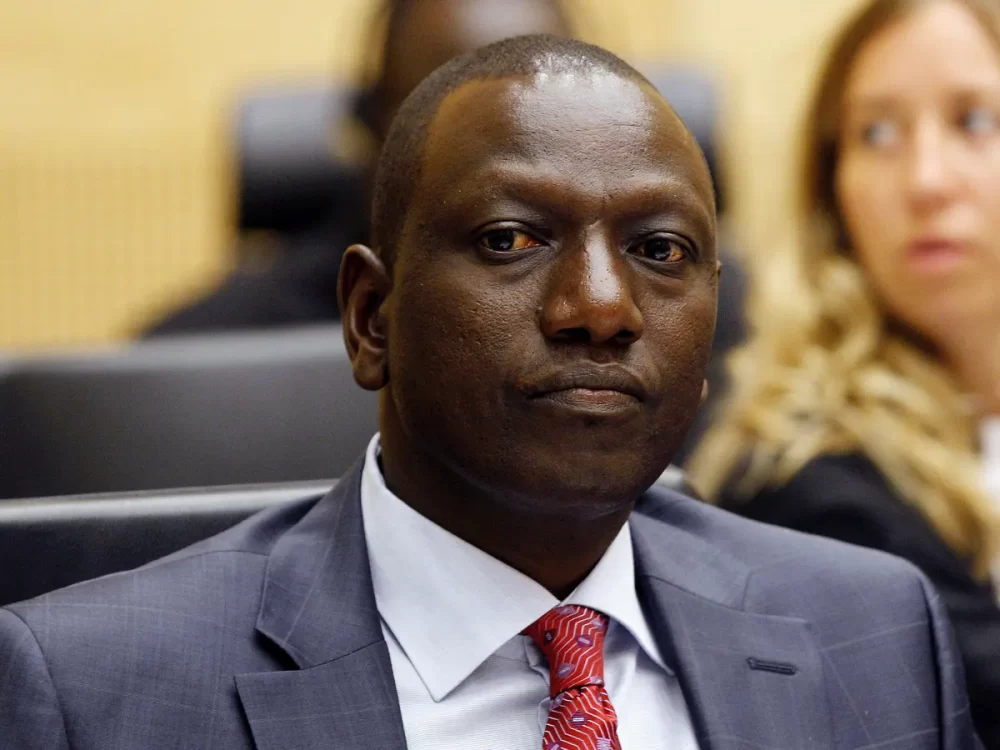



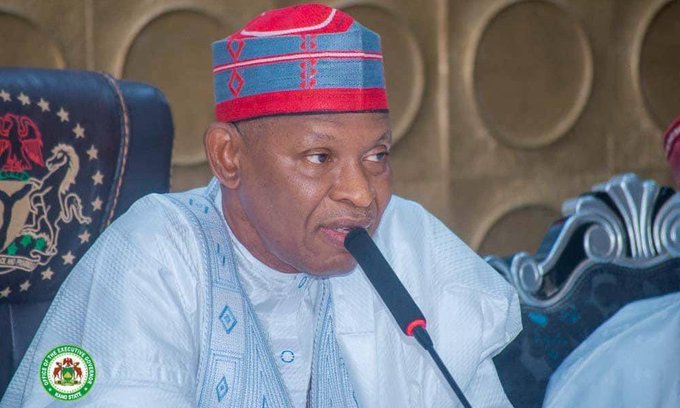
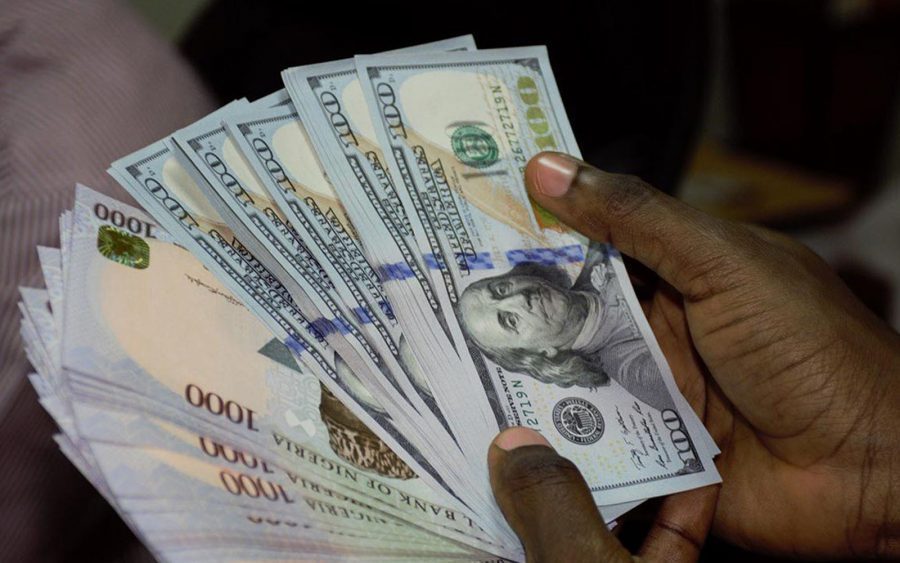
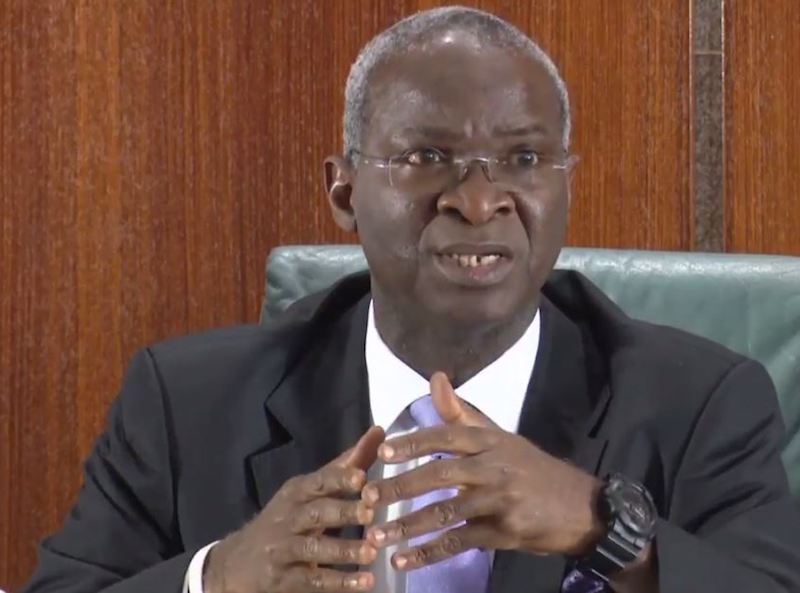
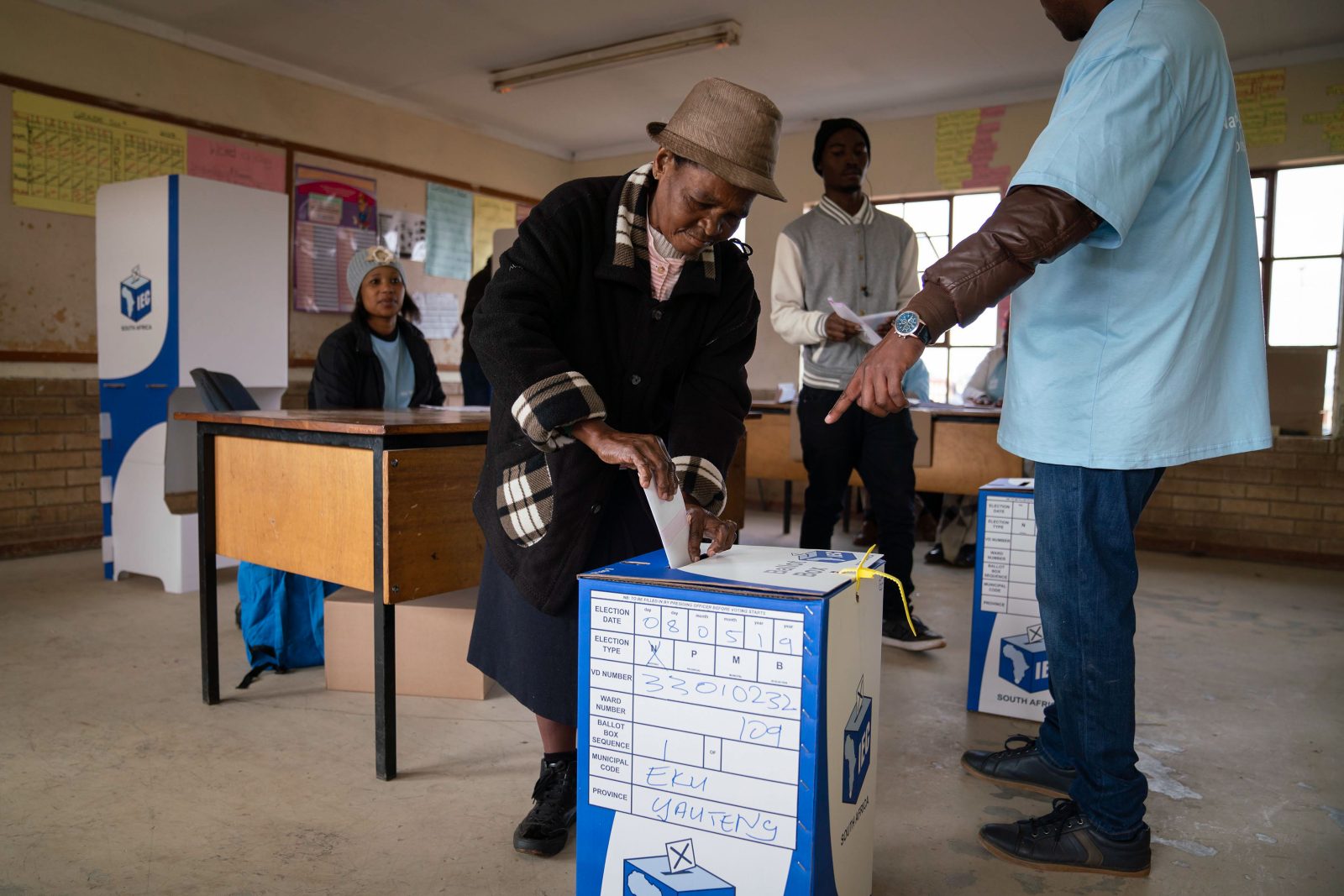


Leave a comment